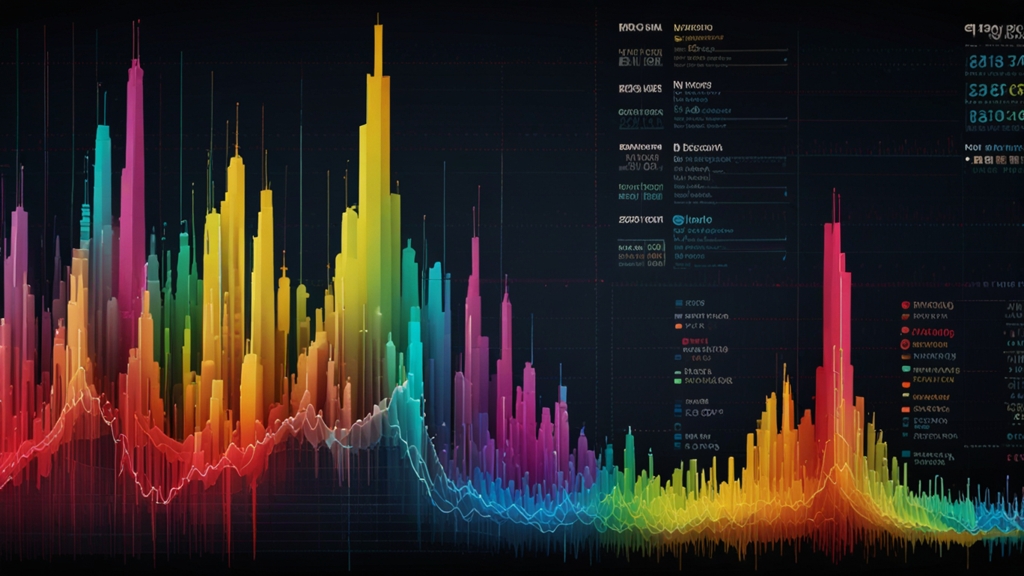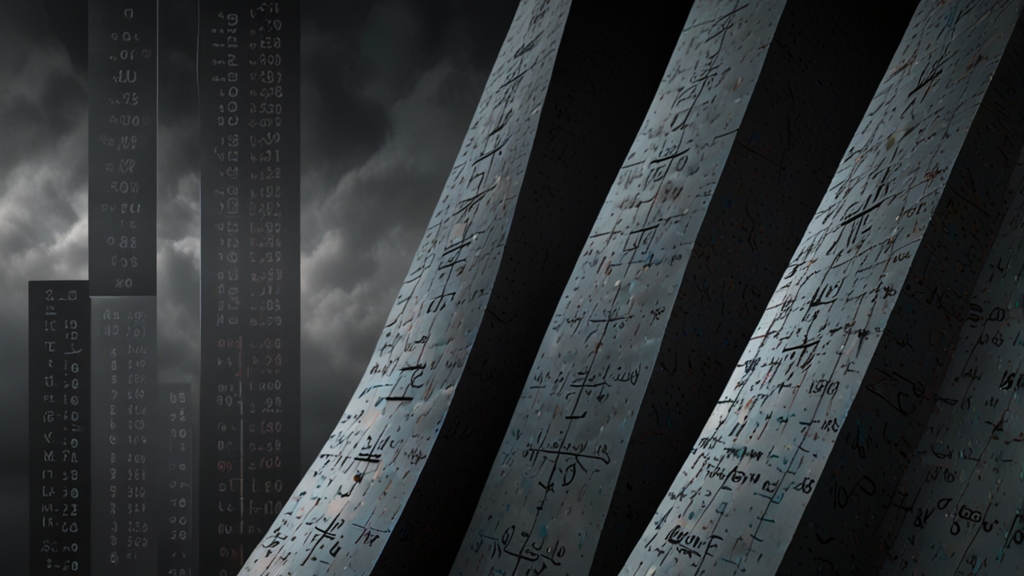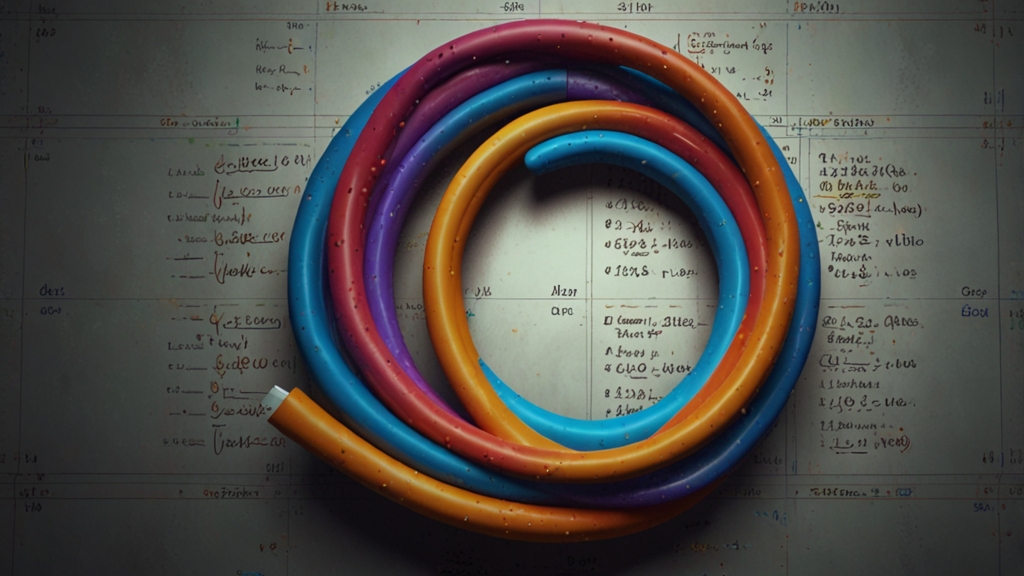Understanding Relativity
Albert Einstein's theory of relativity, which encompasses both the Special Theory of Relativity and the General Theory of Relativity, has profoundly challenged our understanding of fundamental concepts such as space and time. Before Einstein, time was considered absolute and universal—a constant flow ticking away the same everywhere in the universe. However, relativity turned this notion on its head, illustrating that time is not a fixed and immutable backdrop to the events in the universe but is instead intertwined with the fabric of space itself.
Special Theory of Relativity
Introduced in 1905, the Special Theory of Relativity primarily deals with objects moving at constant speed in straight lines. One of its most famous implications is that the speed of light is constant for all observers, regardless of their motion. This leads to the astonishing conclusion that time must be relative.
Time dilation is one of the key phenomena in special relativity. It states that time passes more slowly for an object in motion compared to one at rest relative to the observer. This effect becomes increasingly pronounced as the speed approached approaches the speed of light.
"For the first time, we saw that time could vary depending on the observer’s frame of reference. An astronaut traveling at near-light speed would age more slowly compared to someone on Earth." — A theoretical physicist
General Theory of Relativity
In 1915, Einstein expanded his theory to include gravity, leading to the General Theory of Relativity. Here, gravity is not seen as a force but as a curvature of spacetime caused by the presence of mass and energy. This curvature tells objects how to move, and these movements can further affect the curvature, creating a complex relationship between matter and spacetime.
One of the most mind-bending implications of general relativity is gravitational time dilation. In simple terms, the stronger the gravitational field, the more slowly time passes. A clock on the surface of the Earth will tick more slowly than a clock in orbit. This phenomenon has been experimentally confirmed through precise measurements involving atomic clocks placed at different altitudes.
"Time itself flows at different rates in different places. This isn't just theory; GPS systems, which rely on extremely precise time measurements, have to account for both special and general relativity to function accurately." — A space scientist
The Twin Paradox
One of the most famous thought experiments arising from relativity is the twin paradox. Imagine two twins: one stays on Earth while the other travels on a spaceship at near-light speed. Upon the traveler's return, they find that they are much younger than their sibling who stayed on Earth. This paradox neatly encapsulates the counterintuitive nature of time as described by relativity.
Challenging the Absolute
The relativity of time poses significant questions about our universe and our place within it. If time is not absolute, what does this mean for our understanding of causality, the sequence of events, and even our concepts of past, present, and future? Moreover, relativity paves the way for understanding and eventually reconciling other phenomena like black holes and the Big Bang, which conventional Newtonian physics could not adequately explain.
"By challenging the once-sacrosanct notion of absolute time, Einstein opened up new vistas in science and philosophy, profoundly influencing our conception of reality itself." — A historian of science
Conclusion
Relativity has fundamentally altered how we perceive time, demonstrating that it is a flexible and dynamic component of the universe. Einstein’s revolutionary theories have not only enriched our understanding of the cosmos but also inspired new avenues of scientific inquiry, reinforcing that the universe is far more mysterious and awe-inspiring than we ever imagined.












